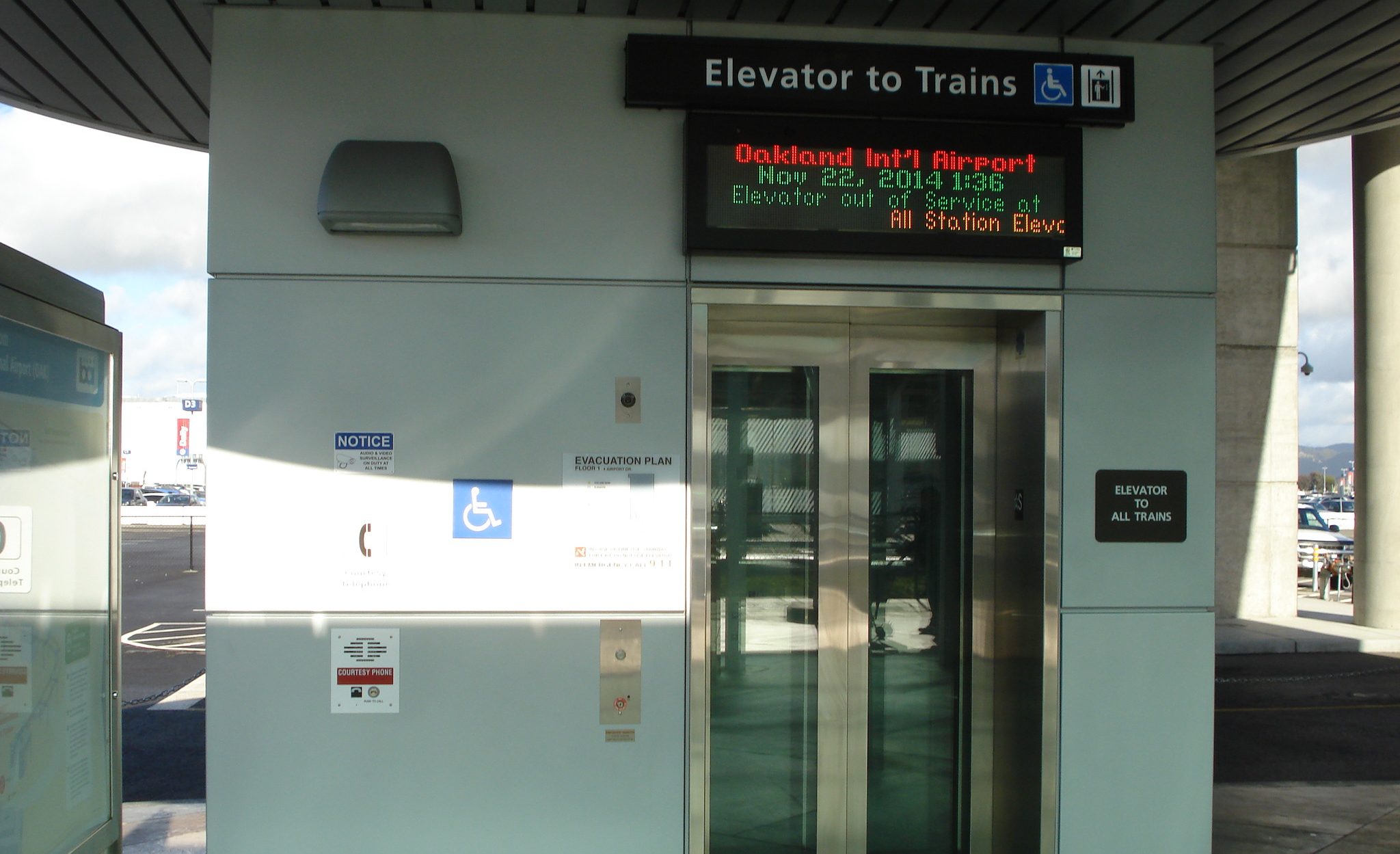Treasury Department counselor Gene Sperling told senators today that "we definitely support looking at ... more merit-based" approaches to transportation spending, particularly an expansion of the stimulus law's competitive TIGER grants and a national infrastructure bank.
Sperling's comments align with a White House document that last week summarized its preferred approaches to crafting new jobs legislation. But with the House moving quickly on a jobs bill that directs transport funding through typical -- and somewhat controversial -- state formulas, Sperling's stance could encourage senators to take a different route with their own jobs effort, slated for release in January.
Sperling, who during the Clinton years held the advisory position now occupied by Larry Summers, spoke at a Senate Democratic Policy Committee (DPC) hearing on job creation. The DPC's chairman, Byron Dorgan (ND), is partnering with Senate Majority Whip Dick Durbin (D-IL) to write the upper chamber's jobs bill.
And Dorgan sounded very much open to adding more infrastructure investment to the legislation. "I happen to think [the first stimulus] was woefully inadequate" in its attention to America's crumbling built environment, he said today.
"Spending money on infrastructure that is necessary to be spent," Dorgan added, referring to an emphasis on repair of roads and bridges, "one -- creates jobs, and two -- leaves an asset in its wake that was necessary to rehabilitate."
Dorgan was not the only senator calling for a "fix-it-first"-style approach to economic recovery legislation, despite the skepticism of GOP-leaning witnesses such as Lawrence Lindsey and Douglas Holtz-Eakin.
Sen. Sheldon Whitehouse (D-RI) questioned why economists viewed infrastructure repair as adding to the deficit when any aging asset "is a capital liability of the United States of America ... and the sooner you get to [fixing] it, the cheaper it ends up being."
Whitehouse acknowledged critics of the small-bore and occasionally low-priority road projects that got funded by the first stimulus law, but he urged lawmakers to "build around the bureaucracy," empowering local officials to pursue big-picture projects not in state DOT pipelines and holding them accountable.
"I can't make out why it is we don't have a significant effort to go after these big infrastructure failures," Whitehouse said.
Martin Baily, another senior economic adviser from the Clinton era, suggested an approach that might unnerve politically vulnerable Democrats, as well as the Obama White House: "Why don't we promise now to raise the gas tax going fwd by five cents? Not right now, but next year or the year after."
Holtz-Eakin, a member of the Bipartisan Policy Center's transportation reform project, warned that
"before we start shoveling money out the door for these infrastructure programs," a pruning of the dense federal transport bureaucracy would be in order.
But with Sperling encouraging new infrastructure spending that would double the size of the first stimulus' $48 billion investment, the only question appeared to be whether Democratic senators would heed Whitehouse's call to "build around the bureaucracy" or route new money through the same channels.
Sperling defended the speed and effectiveness of the first round of transportation stimulus money. "When you look at the 10 percent unemployment being predicted for 2010," he said, "even if it was true
that 'shovel-ready' took a little longer to get going, that doesn't mean [work] won't be taking place at
a time that's vital for employment in this country."





